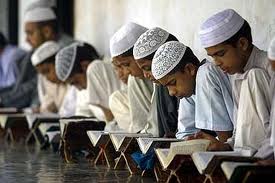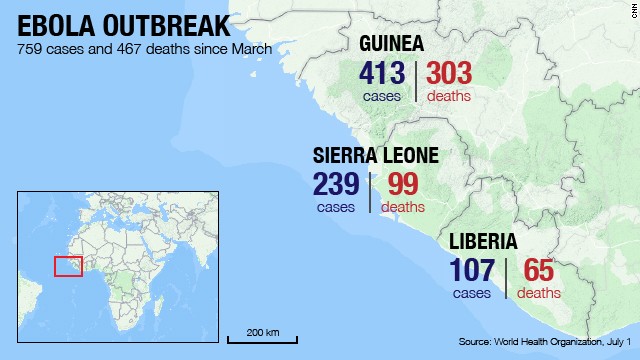
Sexual violence in conflicts is a common crime in the developing world and often one that goes without justice. On June 10-13, 2014, 1,700 delegates and 129 country delegations including 79 Ministers gathered at ExCel London to attend the Global Summit to End Sexual Violence in Conflict. The summit aimed to achieve four things: Shatter the culture of impunity by launching a new International Protocol with international standards for documenting and investigating sexual violence in conflict zones, take practical steps to reduce the dangers women face in conflict zones around the world, increase support for survivors of sexual violence and human rights defenders who often put themselves at serious risk, and, lastly, produce a shift in attitudes and debunk the myth that rape in war is inevitable.
Of particular interest was the summit’s discussion on not only the prosecution of sexual violence, but also economic empowerment and the need for true compensation for women who have experienced these crimes. During the summit, U.N. Secretary-General Ban Ki-moon released a set of guidelines titled ‘Reparations for Conflict-Related Sexual Violence’ which highlighted the importance of restitution, compensation, rehabilitation and guarantees of non-repetition.
Phumzile Mlambo-Ngcuka, the head of UN Women commented:
“Women who have experienced sexual violence in conflict need help to get their lives back on track in the form of compensation for the loss of land and livelihoods caused by fighting, as well as psychological support”
Countries emerging from conflict are confronted with many political, social and economic problems to address. Perhaps most challenging is how to confront past atrocities. Access to the formal justice system in the developing world is ridden with obstacles. For women and girls, these obstacles are even more manifest. Not only do women and girls face a formal justice system that is overburdened, understaffed and poorly resourced, but also lacks the capabilities to deal with injustices specific to them.
The sexual and gender-based violence that a woman or girl experiences during conflict not only impacts her physically and emotionally, but has lasting repercussions for her family and community. In many countries, when a woman has been sexually violated (by someone other than her husband), she is regarded as impure and dirty, even if she has been forcibly raped or abused.
Not only do women experience conflict differently but they also have different conceptions for redressing gender-based violence. As Mlambo-Ngcuka added, “once the perpetrator is behind bars, a woman’s life is not healed at that point. The tragedy continues for her. The stigma she lives with, and her economic wellbeing, are significantly compromised … she needs psycho-social support and material support to get her life back. Women need collateral, access to finance.”
While the formal justice system focuses on prosecuting the offender, restorative approaches to justice regard crime as violations, not just against the victim, but against the community. The formal justice system is framed in an adversarial setting where the focus is on ensuring that the offender is punished for the wrong that he has done. While there is some emphasis on the victim to ensure that ‘justice’ is served, little is done to ensure that the victim’s needs are met. This is especially so in the developing world where reparations are seldom distributed.
While it is paramount that rule-of-law development is a key to ending the culture of impunity of sexual violence, what use is a justice system that is almost inaccessible to the victim? Take for instance the practical barriers a woman faces to pursuing a legal claim – she barely makes enough money to feed her family, let alone pursue a legal claim. Additionally, she opens herself up to community shame by having to testify in open court and in the end she may be forced to marry her victimizer, a traditional practice all too common in the developing world where families which cannot afford to financially support an unmarriageable daughter, often see this as the only solution.
While women want to see their victimizer brought to justice, there are more pressing problems with which they are confronted. Women want counseling and social support. Women want jobs so they can feed their children. Women want a community that will not shame them for a crime they had no control over. Addressing this important topic requires a holistic approach to justice, a consideration of non-judicial mechanisms to assist these women and girls including but not limited to community education, victim-assistance and reparations.




